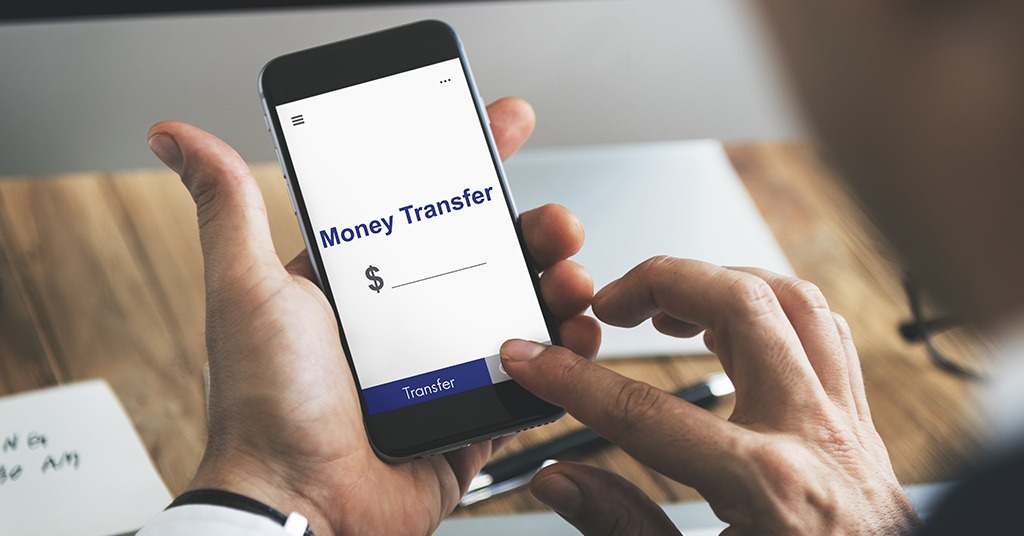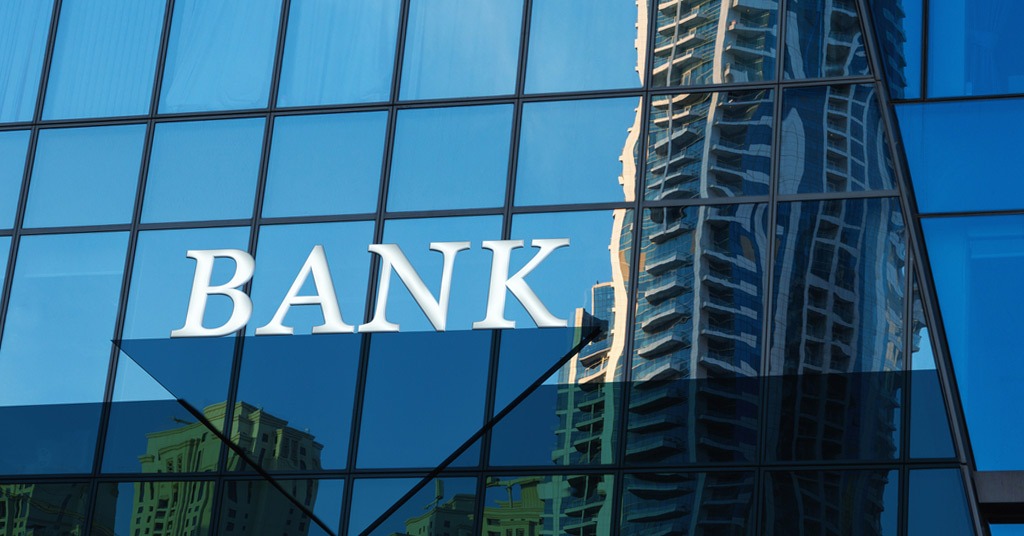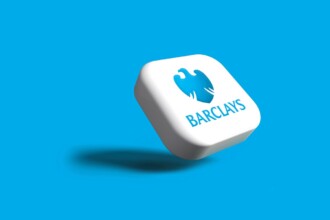Here are things to consider before choosing a payment service provider for receiving money from abroad

8 things to consider when receiving money from abroad. Source: shutterstock.com
Cross-border payments are expected to hit $240 billion by 2024. Last year, the top remittance recipients were India with $79 billion, followed by China ($67 billion), Mexico ($36 billion), the Philippines ($34 billion), and Egypt ($29 billion). The World Bank estimates that officially recorded annual remittance flows to low- and middle-income countries reached a record $529 billion in 2018.
While the trend is on the rise and the economies become more interconnected, greater transparency is one of the top priorities for both firms that regularly make international payments and regular customers. Unclear exchange rates and fees from different banks can make finding the best option to receive an international payment quite complicated.
Receiving money from abroad: 8 factors to consider
Some things to consider before choosing a payment service provider (PSP) for your inbound transaction.
Bank limits

Many financial institutions limit the maximum amounts of money that you can send or receive in one day. Source: shutterstock.com
Many financial institutions limit the maximum amounts of money that you can send or receive in one day. It’s may not be an issue for smaller remittances, but it surely affects larger ones. Therefore, you may receive the requested sum in smaller chunks over a number of days. Check the limits with both sender’s and receiver’s banks before a transaction takes place to avoid any disappointments.
Exchange rates and fees
Many fintech solutions like Transferwise offer real exchange rates based on the mid-market ratio, however, it’s not always the case. Don’t fall for low transfer fees only. Remember to check the average interbank exchange rate and compare it to the offer at hand. Hidden mark-ups are often an unpleasant surprise to flat transfer fees.
Multi-currency account
Converting money isn’t very beneficial for the receiver since some part of the sum is often lost. Multi-currency accounts offered by PSPs can solve this problem once and for all. They let you receive the payment in the local currency of a sender. Later you can convert it on suitable conditions or spend it online at international marketplaces that offer multiple currency choices for payments.
Verification

Receiving larger sums often requires additional verification of the account. Source: unsplash.com
Receiving larger sums often requires additional verification of the account. Make sure you’ve provided all the necessary details for this type of routine checks before initiating a transaction. This will help you avoid unnecessary delays.
Terms
Traditional banks may take three to seven working days to process an international transaction. Their non-bank competitors make transactions instant or something close to it. Please, mind that some additional fees may apply for the transfer speed. Nevertheless, even the “slow” options of non-bank service providers usually take less than 3 days.
Payment details
Money is not always easy to send. You may need to provide some extensive details to receive your remittance. Be ready to give the sender your name and address, an IBAN, SWIFT/BIC/BSB code, ABA routing number, a sort code and account number, etc. It all depends on your location and the currencies to exchange.
Convenience
Before choosing an international payments service, find out where their local offices or agent locations are (if you need to receive cash). Find out what mobile options do they provide. Both fintech unicorns and traditional remittance services try to increase the flexibility of their services. For instance, Western Union and JD Digits are exploring new ways of digital money movement focusing on mobile wallets and digital bank accounts.
Many PSPs offer to notify you on the exchange rates so if you aren’t in a hurry to receive the money you can wait for the most favourable rate. Signing up for an update may be a good option. Some services like OFX go further. With a Limit Order business service, they watch the forex markets for their clients. When the rate is right, they transfer your funds automatically. Another welcomed convenience is securing a chosen exchange rate for a while before the actual movement of funds.
Security

Many of remittance-connected PSPs are starting to explore blockchain. Source: shutterstock.com
Industry leaders are very careful about their data protection. If financial safety is your utmost concern, choose a well-known provider. Moreover, many of remittance-connected PSPs are starting to explore blockchain-based technologies to facilitate their data exchange.
In the last years, a large number of blockchain-based remittances start-ups were established in most parts of the world, particularly in South East Asia. For instance, Blockchain technology developed by Alipay backed home remittances from Malaysia to Pakistan. In South Korea, Coinone Transfer offers the nation’s first blockchain-powered remittance service and plans to aggressively expand across the region. Namely, it entered the agreement with Siam Commercial Bank (SCB) in Thailand and Cebuana Lhuillier in the Philippines. Other notable players include Abra, BitSpark, Coins.ph, Stellar, BitPesa, etc.
SEE ALSO:
- International money transfer services guide: Western Union
- International money transfer services guide: PayPal & Xoom
- International money transfer services guide: MoneyGram
- International money transfer services guide: WorldRemit
- International money transfer services guide: TransferGo
- International money transfer services guide: TransferWise









